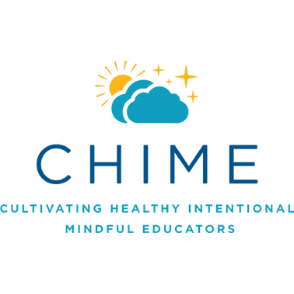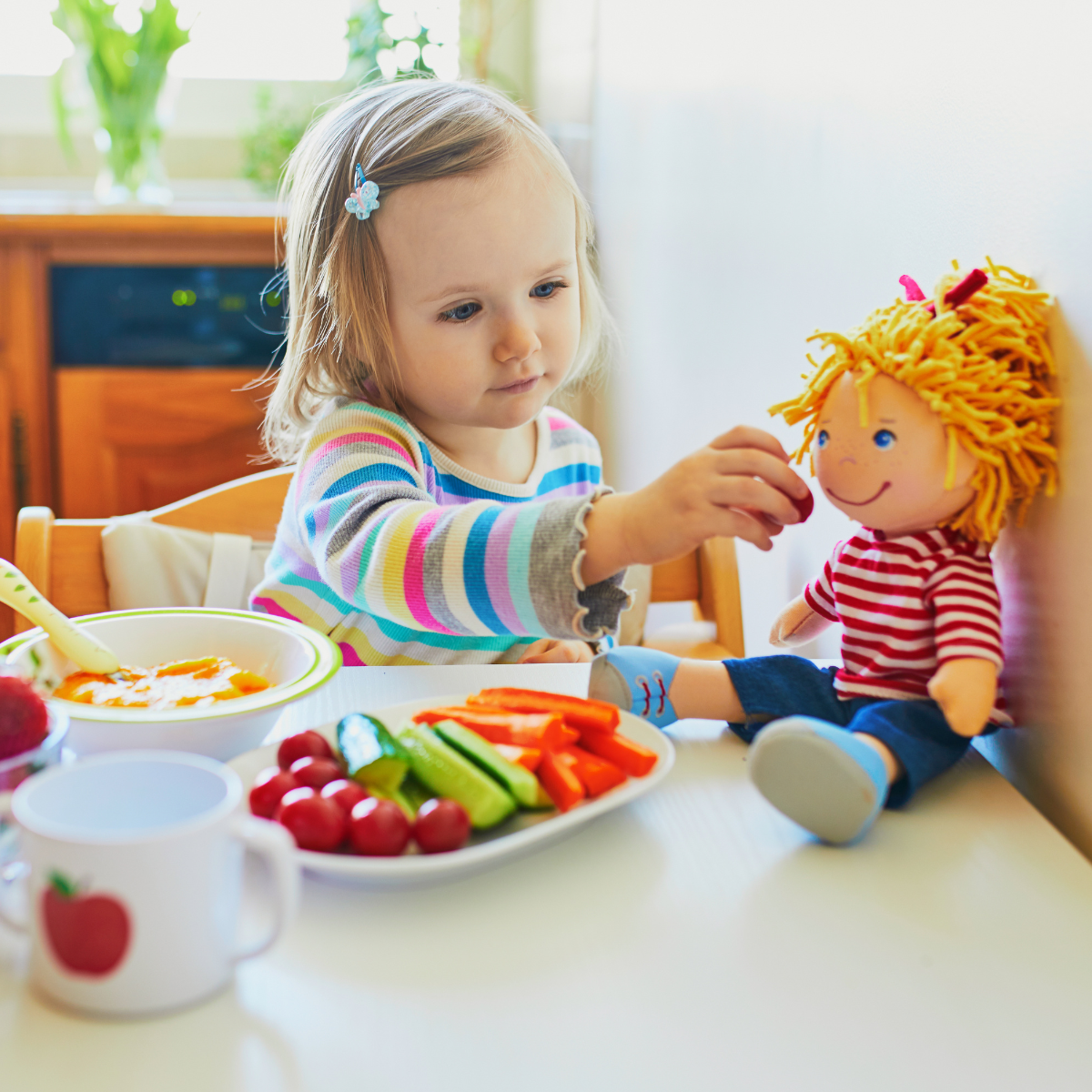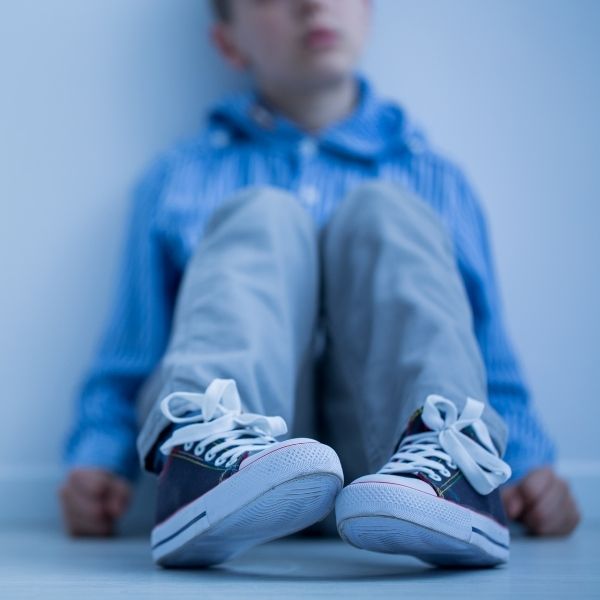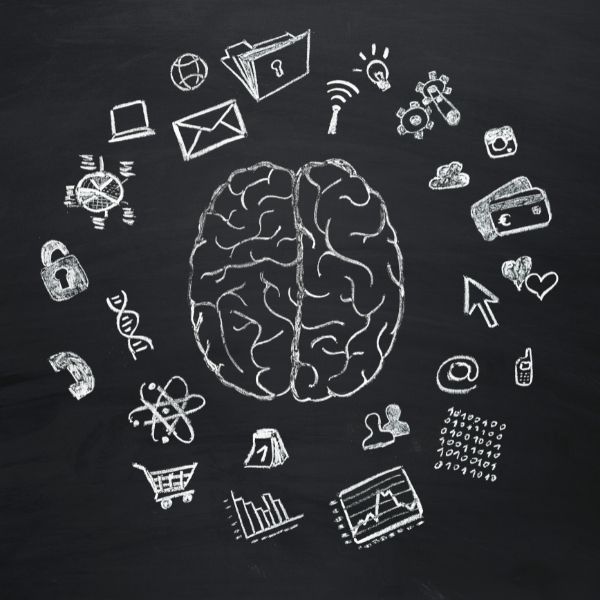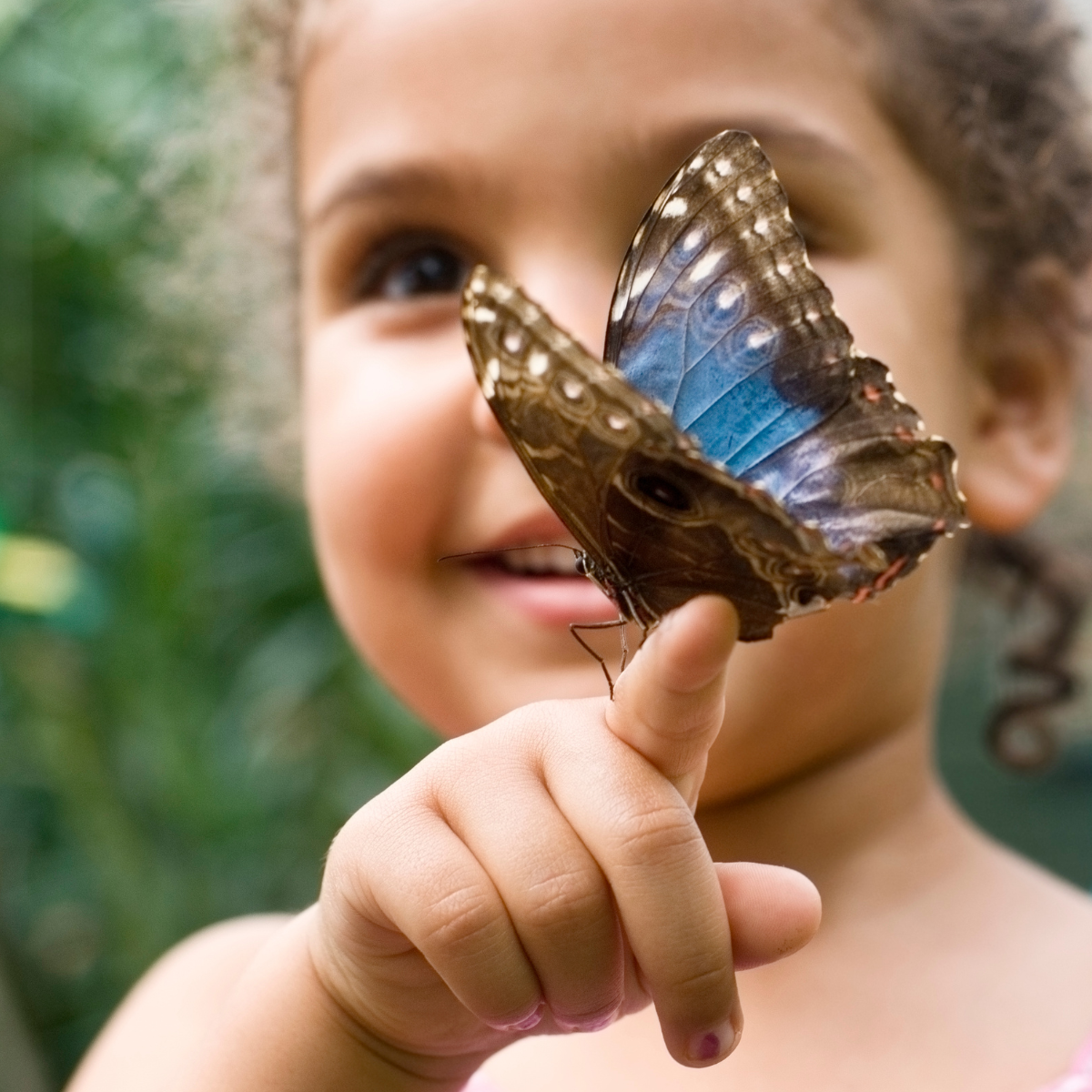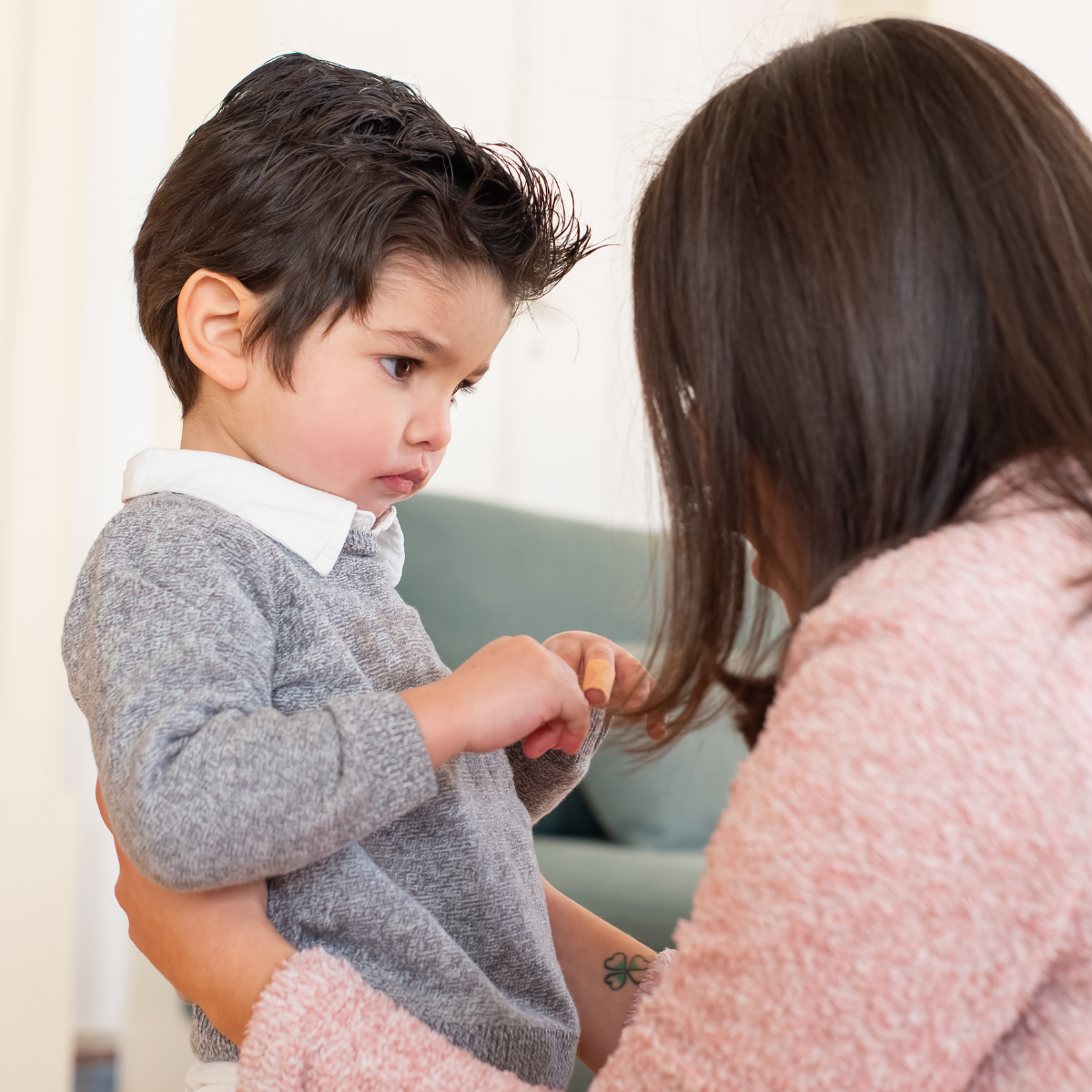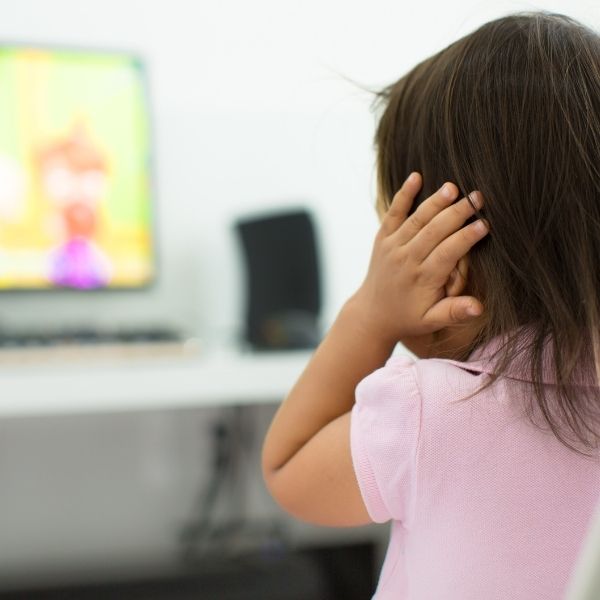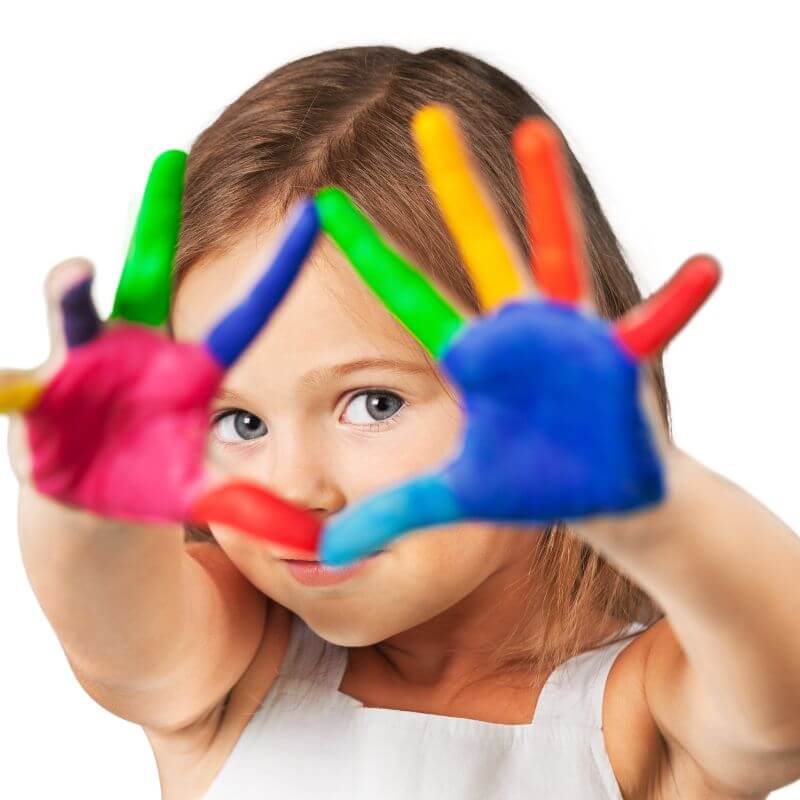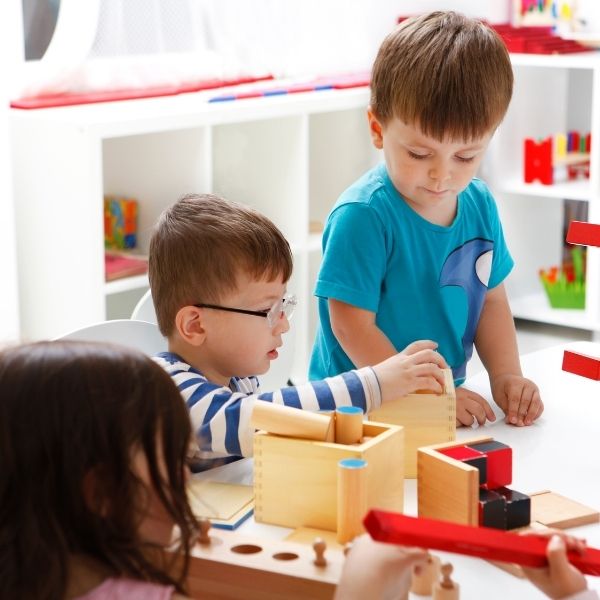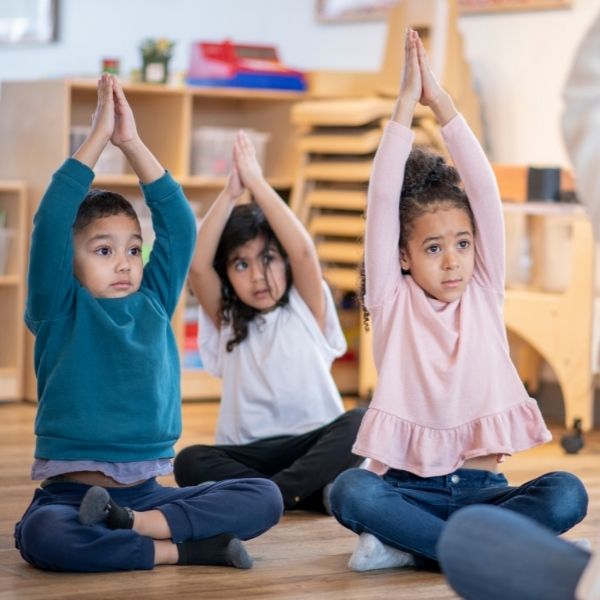Early Childhood Educators provide you affordable, research-based, educational programs and resources. Information in each program is based on research from faculty right here in Nebraska. Our goal is to empower all adults who care for young children by providing high-quality professional development that sets the stage for lifelong learning, discovery, and success. We’re here to help you take what you’ve learned from training and research and put it into practice.
Beyond Challenging Behaviors
Learn about the meaning behind behaviors and supporting early childhood mental health. Join us to explore challenging behaviors, warning signs, beneficial resources, and the importance of your role in the child care environment.
Blocks BUILDing Math Talk in Early Childhood Setting
Engaging in block play provides a vast array of Science, Technology, Engineering and Mathematical (STEM) concepts.
Caregiver-Child Math Engagement Adds Up
Join us to gain information on the importance of math development for young children.
Participants will learn strategies for integrating math into children’s routines, as well as fun and engaging games and activities that involve math concepts.
Cultivating Healthy Intentional Mindful Educators (CHIME)
The CHIME Program provides education and guidance on how to incorporate mindfulness and reflective practice into your daily routine, teaching and caregiving.
Early Childhood Screenings for Health
Early childhood screenings for vision, hearing, developmental milestones and early childhood caries (dental decay) are critical to optimal growth and development and lifelong health.
Growing Up Healthy with Fruits and Vegetables
We will enjoy exploring all things related to fruits and vegetables - from boosting consumption with child-friendly tips and tricks to ensuring their safety.
Introduction to Autism in Childcare Settings
This presentation will provide learners with an introduction to autism spectrum disorder.
Participants will learn how to identify the signs and symptoms of autism in their childcare setting.
Laying the Foundation: Tools for Building Infant and Early Childhood Mental Health in the Classroom
In this session, we will explore the foundation of infant and early childhood mental health including brain development, social and emotional skills, and executive functions. We will share practical strategies teachers can use in their classrooms to promote mental health in early childhood.
Mind Full or Mindful - Who are You?
Is your mind full of worries and thoughts that cause you stress?
Learn the benefits of mindfulness and how mindfulness can positively impact your well-being and support you being more present in the moment.
Music from the Heart
Music is a natural part of a child's everyday life. Not only does it help them develop language and social skills but forms a part of their playtime.
Naturally Learning: Finding Curriculum in Outdoor and Nature Play
Increased outdoor and nature play in early childhood education programs have benefits for children, teachers, and the environment, but many teachers worry that more opportunities for outdoor and nature play will mean less time for teaching the knowledge and skills prescribed in the curriculum.
One Norovirus, With a Side of Salmonella, Please! Preparing Food Safely in Child Care Facilities
Safe storing, preparing, and serving of foods is just as important in child care programs as serving a balanced diet. Many children and adults get sick from eating foods that are not properly handled or when food safety guidelines are not being followed.
RELAX - Alternatives to Anger for Parents and Caregivers
Everyone gets angry, including young children. RELAX for parents and caregivers explores the anger and strong emotions experienced by infants, toddlers, and preschoolers.
Strategies for Young Children with Autism in Childcare Settings
This presentation will provide learners with a brief overview of autism spectrum disorder.
Participants will learn strategies that can embed within the daily routines of childcare settings to help support children with autism in their programs.
The Importance of Sensory Play
Sensory play enhances the way in which a child reacts to their environment through sight, touch, taste, smell and auditory. We will explore how to add play activities that encourage a child to explore materials which stimulate these senses.
The Importance of Sleep
The importance of sleep and the impact of sleep on children and youth’s development.
Tinkering with STEM
Tinkering helps children to understand you have to fail a few times, sometimes many times, in order to get the right answer.
What You Need to Know about Food Allergies
Researchers estimate that up to 33 million Americans have food allergies, including 5.6 million children under age 18.
Caring for a child with food allergies can be challenging.
Whole Grains for Health - Organic, Stoneground, Multigrain, Oh My!
What do all of those words on food packages mean? How do I tell if a food is a whole grain? Does the food meet the whole grain requirements for the new meal plan?
Join us to answer these mysterious questions and more!
Yoga For Young Children's Health and Well-Being
Children’s yoga during early childhood can play an important role in helping young children learn self-regulation strategies, enhance their health, and can make learning fun.
Yogapalooza: Learning Strategies to Immediately Incorporate Yoga and Mindfulness into Your Early Childhood Classroom
Bari Koral is a nationally recognized kids yoga educator and recording artist for children. You’ll master many simple but powerful mindfulness tools, learn some child friendly yoga poses and understand the great benefits and physiology of yoga and mindfulness.



